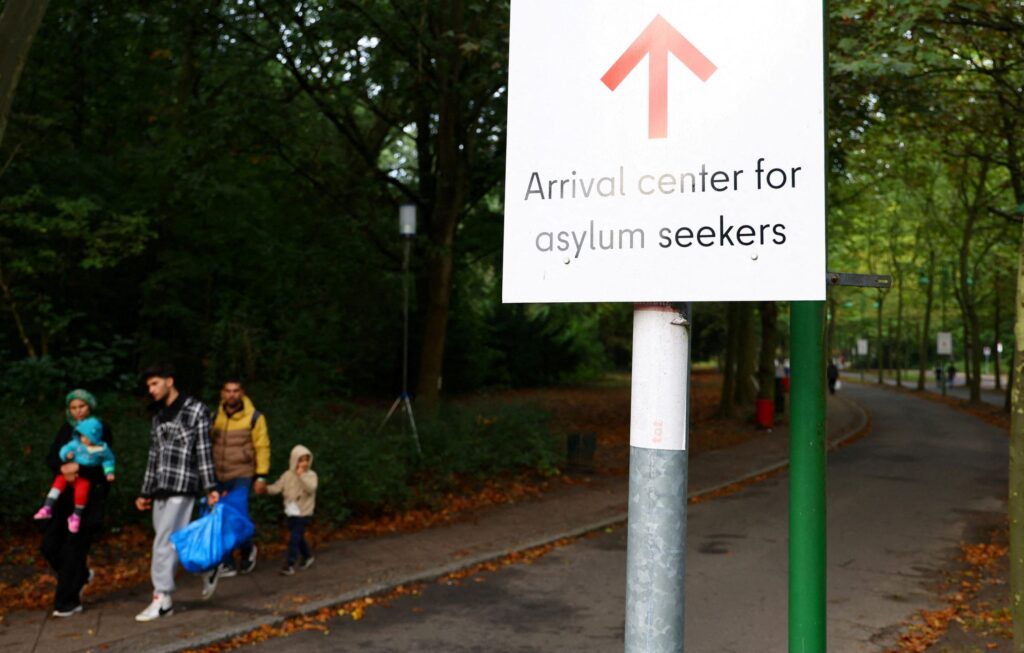It is now the duty of the commission to submit legislative proposals on this issue. However, although the process has begun, nothing is expected to be clear until the new committee is sworn in.
Sándor Pintel, Hungary’s interior minister who currently holds the council’s rotating presidency, said the Schengen area was under tremendous pressure from migrants, adding that there was a need to increase the “robustness of our borders”. .
Interior Minister Ylva Johansson said: “Those with malicious intent must not be allowed to enter the EU. If they do, they must be sent back.”Irregular migration will be reduced and returns will be more effective. However, he pointed out that immigration to the EU is decreasing. There was no clear decrease in asylum applications.
“There is no doubt that the returns system needs to be improved,” said Nicole de Moor, Belgium’s Secretary of State for Asylum and Migration. We need faster procedures for people who pose a risk, and secondly, we need to introduce obligations.” Cooperate with returning authorities. ”
Greek Migration and Asylum Minister Nikos Panagiotopoulos, meanwhile, said the issue had “already been raised, but insists that returns must be discussed in the spirit of the European Agreement and the full provisions of European law.” emphasized. Dublin Regulation. Returns are therefore possible, but within the framework currently in place. ”
Asked about the discussion on “return hubs” outside the EU, Johansson and Pintel said this had not been proposed by either the European Commission or the Hungarian presidency.
All parties have demonstrated the need to implement the Migration and Asylum Agreement. The agreement will enter into force in 2026, and member countries are already making the necessary procedures and preparations.
The next debate on migration will take place next week at the level of heads of state at a summit on October 17-18.

